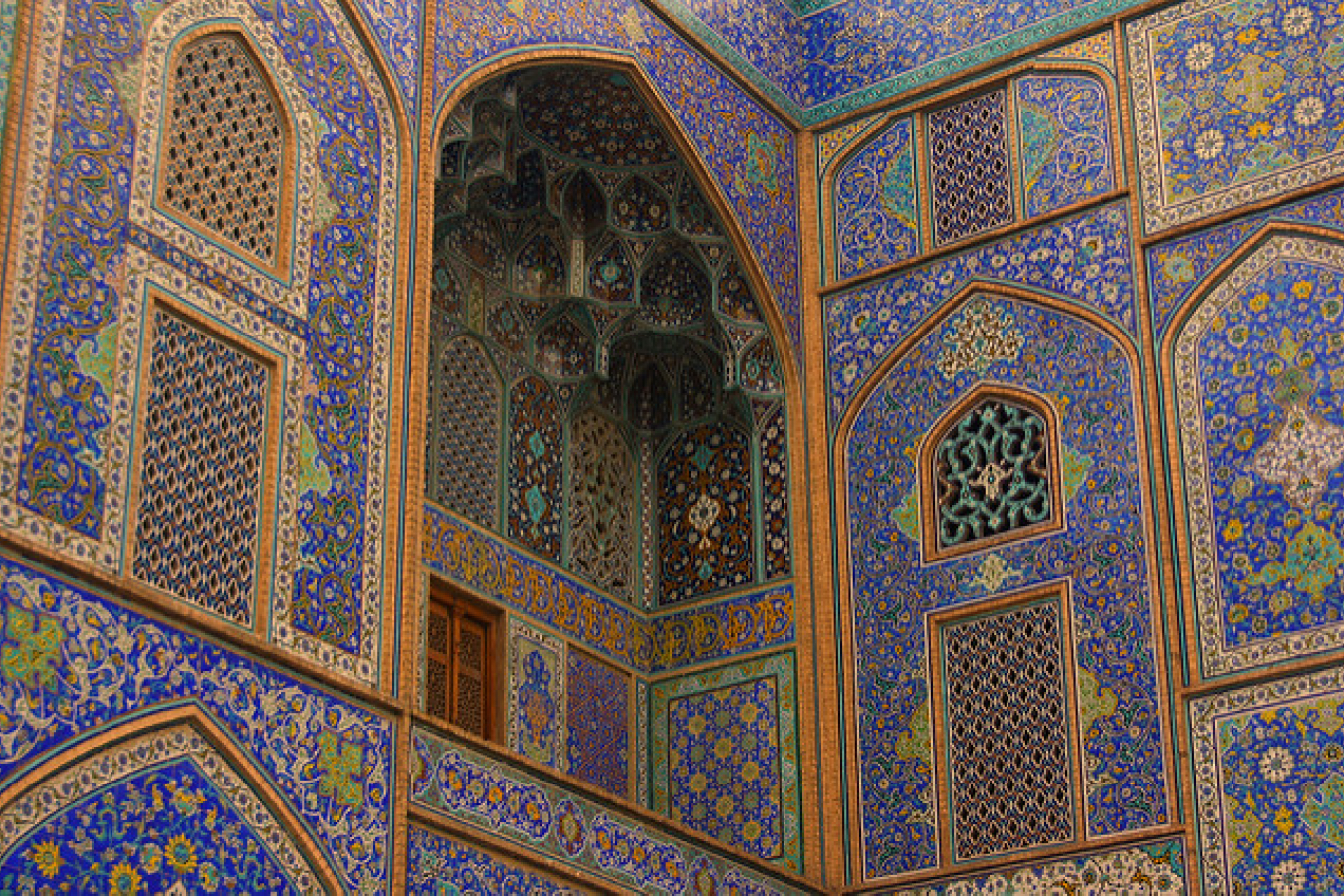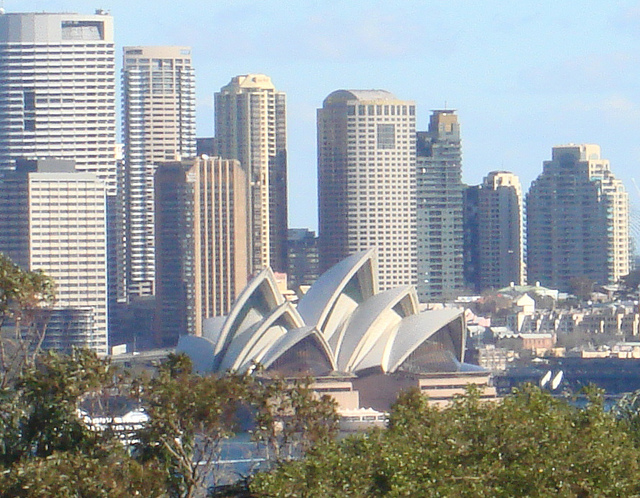Tony Abbott, the Australian Prime Minister, has said that Iran should take back its citizens who have been unsuccessful in securing refugee status in Australia. Abbott confirmed that he would be lobbying Tehran regarding the issue.
Julie Bishop, Australia's Foreign Minister, will raise the issue of deportation of Iranian nationals to Iran during a visit to Tehran in mid-April. The talks were an attempt to reduce the pressure on Australian immigration camps on the Pacific islands of Nauru and Papua New Guinea.
Press conference in April about refugee situation
During a press conference on Saturday, April 11, Abbott said: "It's important that those who are found not to be refugees go home and this is why we shall be speaking with the Iranian government about taking back people who are Iranian citizens because they deserve to be in Iran. They belong in Iran."
Failed Iranian asylum-seekers refused entry to Iran
In response to Abbott's statements, refugee support groups say that Iran will refuse to take back those refused asylum in Australia that Australia immigration wish to return to Iran against their will. The support groups also raised concerns regarding the safety of failed asylum-seekers if they're sent back to Iran.
Abbott said: "Obviously, we will continue to accommodate people who are found to be refugees. However, people who are not refugees should return to their home nation and if that is Iran, that's where they belong."
Iranians in immigration detention centres
According to official figures released in late March by Australian immigration, Iranian nationals account for around 20 percent of the 1,848 people being held in immigration detention centres across Australia. Iranian citizens also make up many of the 1,707 held in immigration detention in Nauru and Papua New Guinea.
Several thousand more are believed to be in the general population on bridging visas, with a final decision on their claims for refugee status yet to be determined. Australian government MP, Paul Fletcher said: "The key point is, we have a significant number of people in immigration detention at the moment from Iran."
"Our ultimate aim is to have those people returned to the country from which they arrived, but I acknowledge that this will be a difficult process," he said.
Diplomatic attempts to resolve the Iranian refugee issue
A report published by Australian newspaper, The Sydney Morning Herald, said that a discussion between Julie Bishop and her Iranian counterpart had already taken place regarding the return of failed asylum-seekers. The unnamed Iranian diplomatic source said: "One of our biggest challenges is failed asylum-seekers who refuse to return to Iran."
According to refugee advocates, around 45 Iranian asylum-seekers who have already had their refugee claims refused are being held in indefinite detention across Australia and they're refusing to go home.
Senator Sarah Hanson-Young of Australia's Green Party, said: "Sending asylum-seekers back will put the lives of men, women and children at high risk."
In accordance with Australian immigration policy, asylum-seekers arriving in the country by boat are subject to mandatory detention, and since 2013 have been refused resettlement in Australia, irrespective of whether they are genuine refugees. Instead, they are housed on the islands of Nauru or Papua New Guinea.




